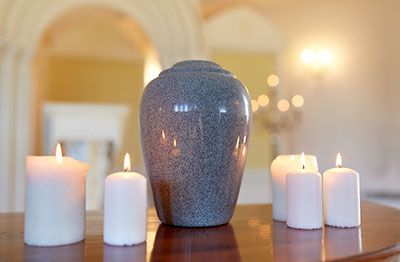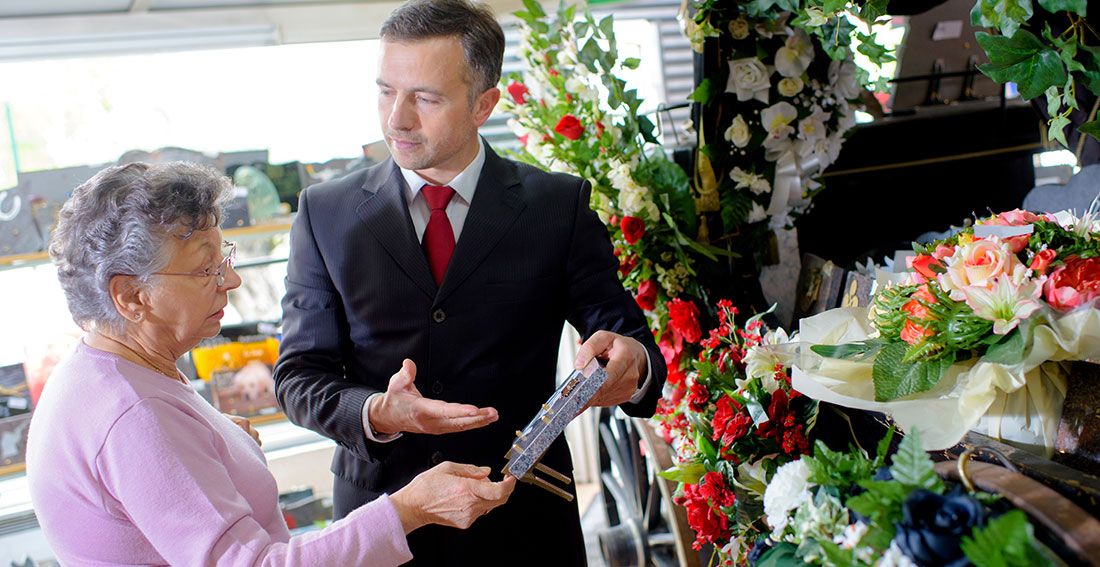Post-death services, whether they are a traditional funeral or a contemporary celebration-of-life event, can be very personal things. These events can represent, among other things, the religious values of the deceased. Because demonstrating your values and/or your religious faithfulness is such a personal and important priority, it is important to make sure that, in addition to planning for the distribution of your wealth, you have a written plan that expresses your goals and objectives, in as much detail as you desire, for your “final goodbye.”
A few years ago, an online discussion emerged regarding the emerging trend of “Celebrations of Life” as replacements for traditional funerals. Some Christian commentators were contemplating and analyzing whether celebration-of-life events, as typically held today, were truly consistent with Christian values and teachings or whether they put the event's focus on the wrong things.

We have no intention of engaging in an in-depth assessment of what any religion requires of its followers; we'll leave that to you and your minister. What we can say, though, which the debate about celebration-of-life events illustrates, is that the ceremony that is held upon the occasion of a person's death is extremely personal. It is a reflection of that person's life, their values, their loved ones, those loved ones' affection for the deceased and the deceased's religious faith.
In other words, each person may value different things that they want, and that they specifically don't want, to be included as part of this event. The differences can be substantial even among folks who are followers of the same religion. Just as the diet choices of a person who is practitioner of Reform Judaism might differ dramatically from those made by someone who is an Orthodox Jew, so might the funeral choices of, say, one Christian differ from those of another.

Whether you are Christian, Jewish, Muslim, Buddhist, the follower of another religion or are non-religious, chances are high that you have some strong feelings about how you'd like your funeral to be conducted. If you are religious, it is distinctly possibly that you have strong preferences that are guided by your religion. “Getting it right” is important, not only for the benefit of the emotions of those you leave behind, but also as another way to be sure that you are fully demonstrating your religious faithfulness.
That's why it is important to make sure that you have an estate plan that includes funeral planning within it. With a complete estate plan, you can ensure that all of the “do's” and “don't's” that you have in your head for your funeral are communicated to your loved ones in one organized place. That way, the person who will be communicating with the funeral providers after you've died can make the selections that you'd want and ensure that the sendoff you get is completely consistent with your religious and personal preferences. By doing this, you'll have the peace of mind of knowing that your service is consistent with your values, and your loved ones will have the peace of mind of knowing they made the choices that you wanted.



